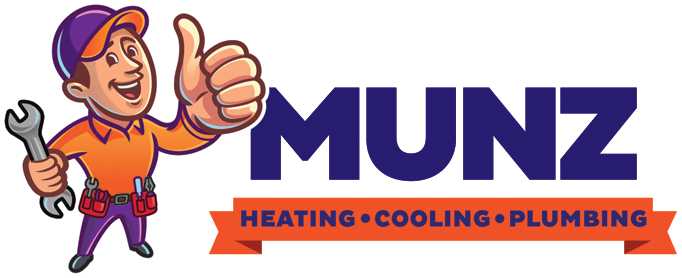It's
& We're Always Open!
Call Today For Service
610-214-2670
610-214-2670

610-214-2670
 In Bensalem, PA, ensuring the air you breathe in your home or business is clean and safe is crucial for your health and comfort. Indoor air quality (IAQ) can impact your respiratory health, allergies, and overall well-being. Munz HVAC provides expert indoor air quality assessment services near Bensalem, PA, to assist you in creating a healthier indoor environment..
In Bensalem, PA, ensuring the air you breathe in your home or business is clean and safe is crucial for your health and comfort. Indoor air quality (IAQ) can impact your respiratory health, allergies, and overall well-being. Munz HVAC provides expert indoor air quality assessment services near Bensalem, PA, to assist you in creating a healthier indoor environment..
Indoor air quality can be compromised by a range of factors, including dust, pollen, pet dander, mold spores, and volatile organic compounds (VOCs) from household products. Poor IAQ can lead to respiratory issues, allergies, headaches, fatigue, and other health problems. Inadequate ventilation, high humidity levels, and indoor pollutants can all contribute to poor IAQ.
Munz HVAC provides comprehensive IAQ assessment services in Bensalem, PA, to identify and address indoor air quality issues. Our team of experts uses state-of-the-art equipment to measure indoor air quality parameters such as particulate matter, VOCs, humidity levels, and carbon dioxide levels.
 Healthier Indoor Environment: Our IAQ assessment helps you create a healthier indoor environment for you and your family or employees.
Healthier Indoor Environment: Our IAQ assessment helps you create a healthier indoor environment for you and your family or employees.Munz HVAC is your trusted partner for indoor air quality assessment in Bensalem, PA. Our certified IAQ professionals have the knowledge and expertise to help you achieve better indoor air quality. Contact us today to schedule an IAQ assessment and breathe easier in your home or business.
In conclusion, maintaining good indoor air quality is crucial for a healthy indoor environment. Things like mold spores, VOCs, dust mites, and bad ventilation can make indoor air quality bad and harm your health. To improve it, use HEPA filters, better ventilation, and keep your HVAC system maintained. This will help reduce indoor pollutants.
Take charge of your indoor air quality today! Contact Munz HVAC to schedule an indoor air quality assessment and breathe cleaner, healthier air in your home or business.
Common indoor air quality issues include high levels of dust, pollen, mold spores, and volatile organic compounds (VOCs). Poor ventilation and high humidity levels can also contribute to indoor air quality problems.
You can improve indoor air quality by using HEPA filters in your HVAC system, regularly cleaning and vacuuming, controlling humidity levels, and reducing the use of harsh cleaning products and air fresheners.
Poor indoor air quality can lead to respiratory issues, allergies, headaches, fatigue, and other health problems. Long-term exposure to indoor pollutants can also increase the risk of developing chronic respiratory conditions.
It’s recommended to have your HVAC system serviced at least once a year to ensure it’s working efficiently and to address any potential indoor air quality issues. Regular maintenance can help prevent the buildup of dust, mold, and other pollutants in your HVAC system.
Yes, you can perform radon testing and carbon monoxide testing in your home to assess indoor air quality. Additionally, you can use indoor air quality monitors to measure levels of pollutants such as VOCs and particulate matter.
Signs of poor indoor air quality include musty or stale odors, visible mold growth, excessive dust buildup, frequent allergy symptoms, and respiratory issues. If you notice any of these signs, it’s important to take steps to improve your indoor air quality.



Pennsylvania
1414 Radcliffe St #100 D,
Bristol, PA 19007
Serving Bucks & Montco
©[year] By Munz. All Rights Reserved. PA State Home Improvement Contractor Registration #PA165901